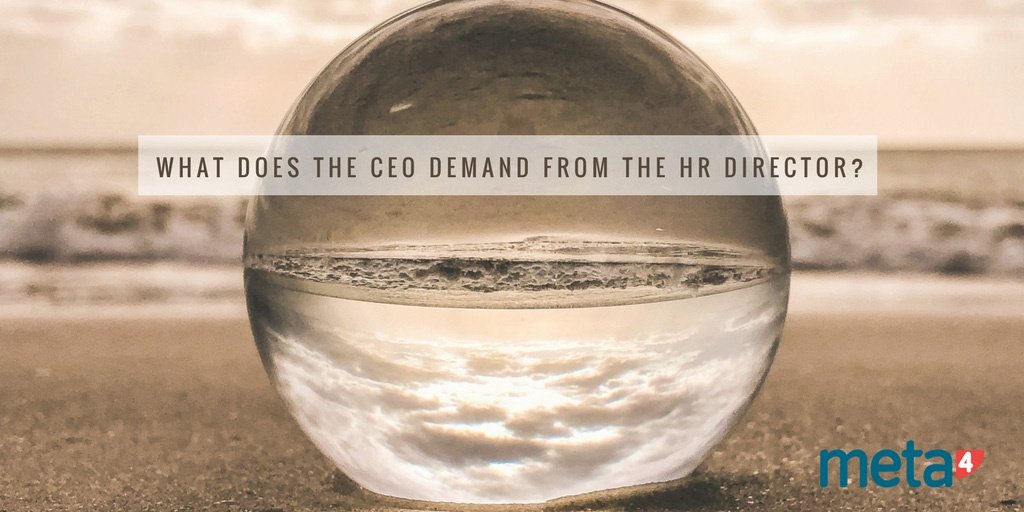By Carlos Pardo, CEO Iberia and Latin America Meta4
In the current war for the best talent, aligning business goals with the individual interests of employees has become a cornerstone, underpinning a company’s success. The HR function, traditionally focused on managing purely administrative tasks and detached from strategic decisions, has evolved in this new scenario. Nowadays, outside managing transactional operations, HR needs to understand what their business needs are and become familiar with their employees down to the finest detail, so they can provide their organizations with high value solutions. This aspect is transforming the relationship HR directors have maintained up to now with the CEOs of their companies.
Under these new conditions, for the organization to achieve top performance and to maximize the potential of all its members, the HR director must advise the CEO on the different strategies to pursue for managing human capital held in the company’s workforce. Using an example, the relationship between both figures should resemble that between a “coach” and the “coachee”. The role of the coach (HR director) will focus on accompanying, guiding, and above all, providing the CEO with a new vision of the organization’s potential. This new approach allows the CEO to make decisions, which perhaps had not been contemplated until then. Constant communication and establishing mutual trust between both figures will be key issues for an organization to run smoothly.
Moreover, the realization this new vision and acquisition of in-depth knowledge of the talent within a company—an organization’s gold—will be based on three fundamental factors. First, the HR director must take on leadership when launching initiatives that add value to the company. To achieve this, the HR director must redesign the organization, so it adapts to the challenges and relentless changes imposed by market demands today—not just for the business but also for employees. Ultimately the aim is to address the needs of employees and to be able to attract, retain, and develop the best talent, while also boosting their level of engagement with the company. To succeed in all these challenges, the CHRO must be a great communicator and be able to effectively disseminate and preserve the organization’s culture and values, eventually turning them into a competitive advantage.
Second, to get ahead of today’s complex environment, the HR function must be able to analyse and diagnose the impact of possible problems with their organization’s talent that may arise in the future. The purpose of which is to implement preventive measures as many problems that organizations face are driven by a human component. Therefore, the ability to anticipate them or provide a solution will become key elements. Companies must consider detecting the reasons for a drop in the service level, in product quality, under-targeted sales margins, or customers lost, for example, as these are direct key indicators for talent management directly influencing business results in an organization.
Finally, in today’s digital world, it is just as important to understand how a solid relationship between both roles is built, marked by the dizzying pace of the market and the constant stream of new technologies emerging, among other aspects. HR leaders must be digitally curious and make use of this technology as an ally to serve their business strategy, relying on it to manage uncertainty and the tough times of now. They must be able to take advantage of the ever-growing volumes of data available to them and make sense of it all by bringing in analytics into all their processes. This way, they can aim to optimize the organization’s talent management strategies and plans. In short, HR directors, who embrace technology solutions Meta4 as tools that give them a deeper vision of people and their teams, will be able to find out if these are aligned with their company’s business goals and define the most suitable action plans to achieve these goals.
Building a strong partnership between the CEO and the HR director and their shared commitment to their organization’s talent will undoubtedly make them a winning team.
{{cta(‘0561a89f-8553-4cb4-90d3-e323fbf70b33’)}}






